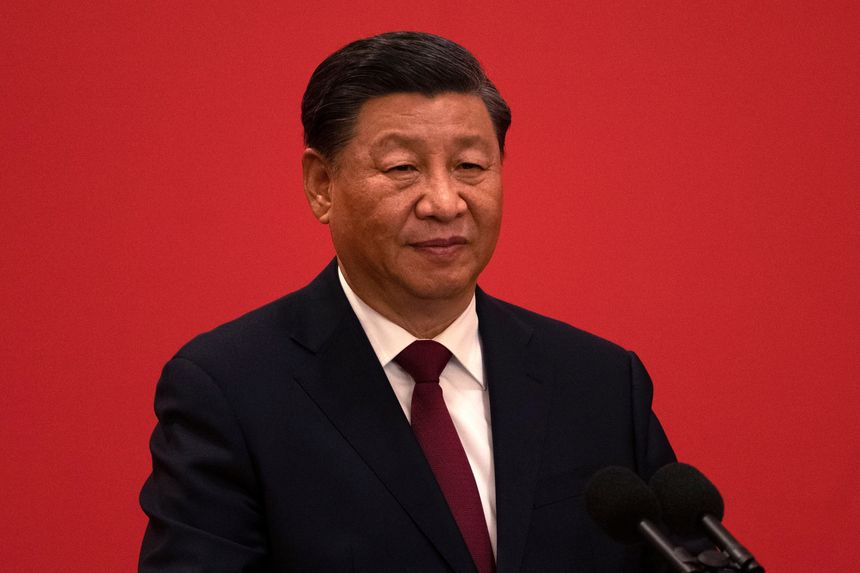Chinese President Xi Jinping
Photo:
Kevin Frayer/Getty Images
When President Biden sits down Monday with
Xi Jinping
ahead of the G-20 summit, he’ll face a confident and increasingly aggressive Chinese President. Who knows what Mr. Xi will conclude about the aging American president, but there’s no doubt he will probe U.S. resolve on Taiwan.
Mr. Xi comes to the meeting having been given a historic third term by the Chinese Communist Party. Meanwhile, the U.S. recently concluded what it called “productive” meetings with Taipei over trade-related issues. Mr. Xi opposes closer U.S. ties with the island democracy.
The decision to pursue these trade negotiations is welcome. But the context is that this was a sop to Taiwan for the Biden Administration’s decision to exclude it from the Indo-Pacific Economic Framework that the President announced in May. A bipartisan group of 52 senators and 200 House Members wrote separate letters urging Taiwan’s inclusion.
IPEF is a watered down version of the Trans-Pacific Partnership (TPP) that Barack Obama signed in 2016 but President Trump withdrew from in one of his worst strategic decisions. IPEF is intended to shore up allies in the region by creating a rules-based community based on shared objectives.
China isn’t included because it isn’t a good-faith player, and the hope is that IPEF helps shield our friends from China’s bullying. Australia suffered when China, angered by its call for an honest investigation into the origin of Covid, retaliated by restricting Australian exports such as wine, coal and lobster.
As Vice President, Mr. Biden defended TPP, which was the showcase of the Obama Administration’s “pivot to Asia.” But once he ran for the Democratic presidential nomination, Mr. Biden flipped for domestic political reasons. He calculated that the
Bernie Sanders
wing of his party was opposed to trade deals as much as
Click Here to Read the Full Original Article at RSSOpinion…

